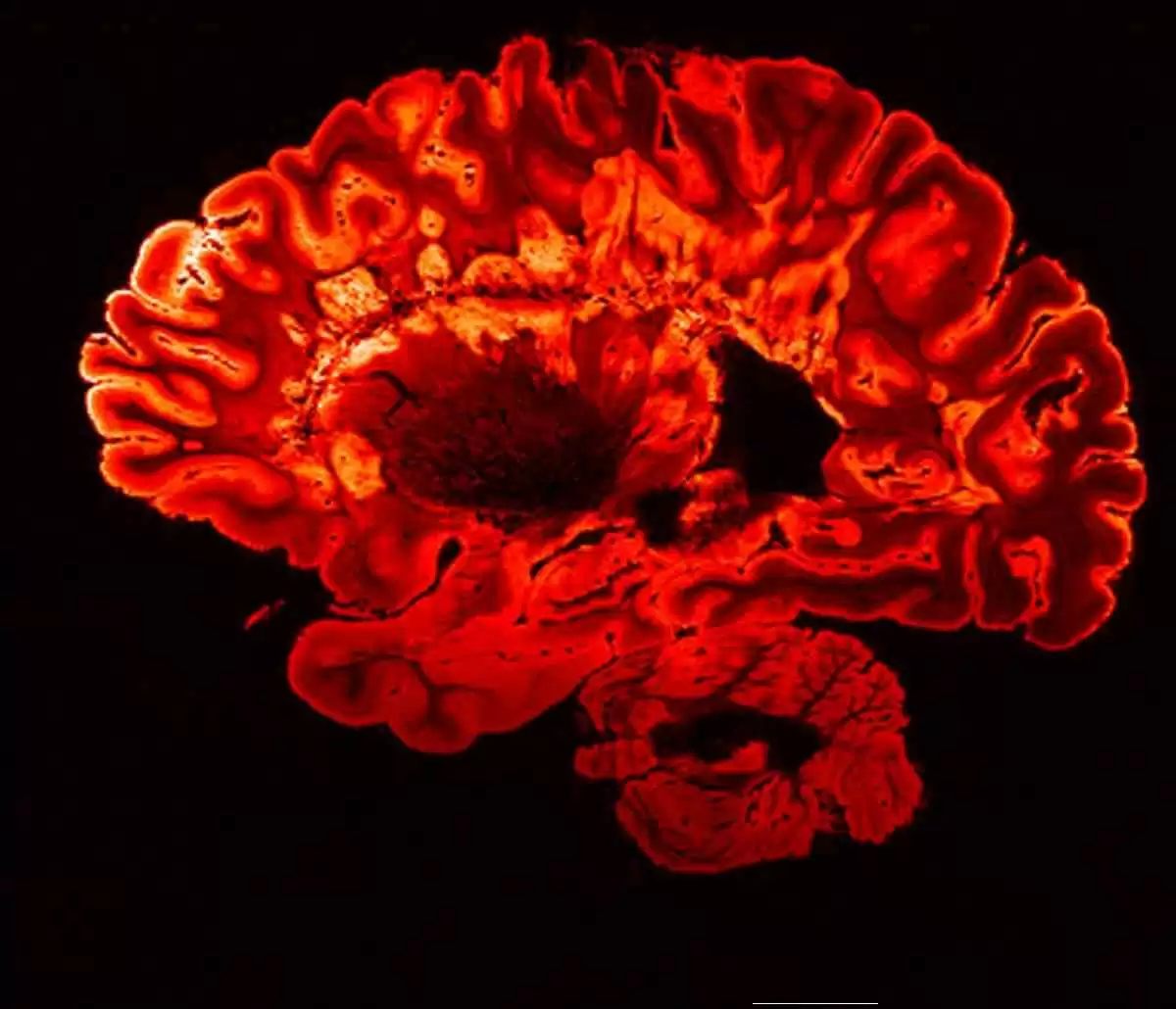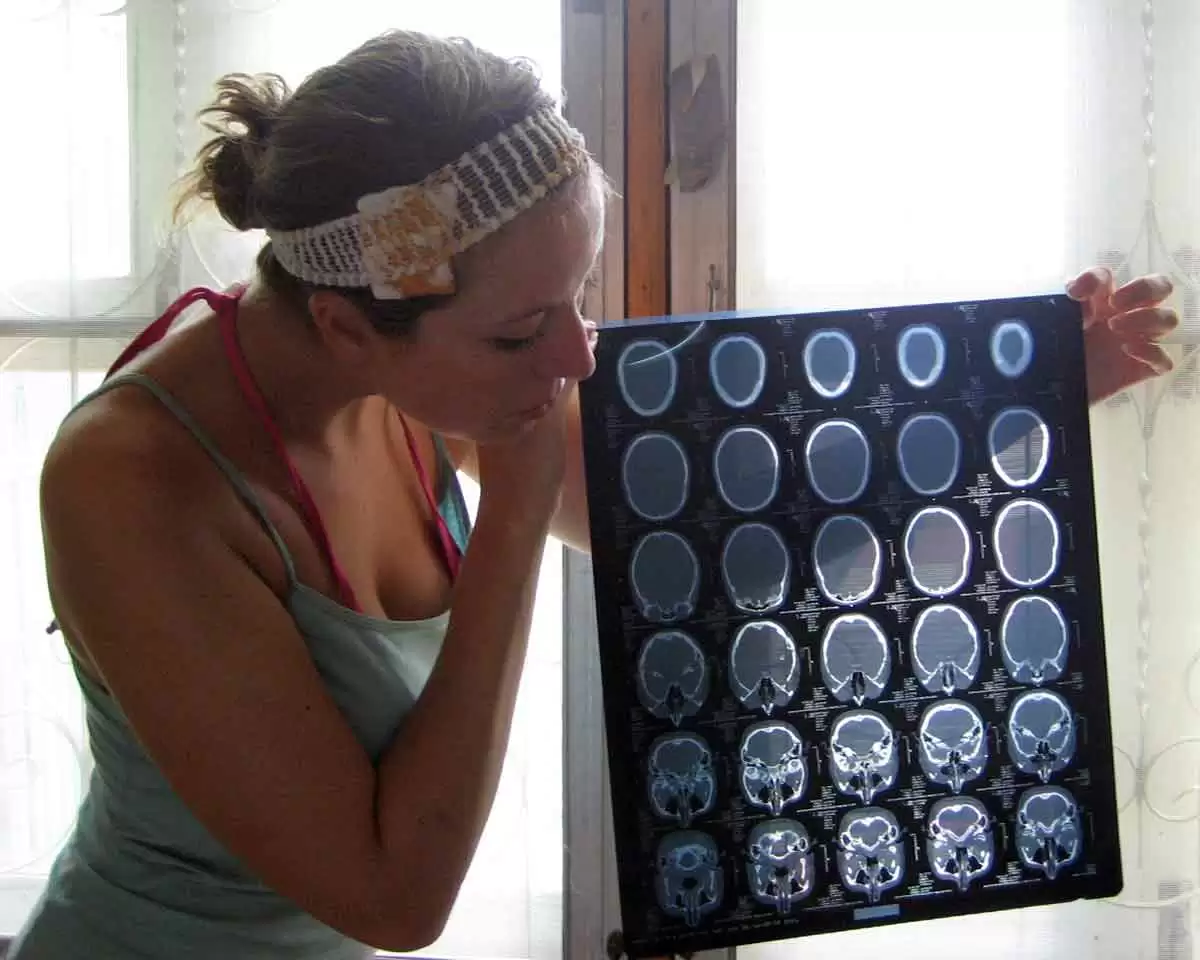
Celiac.com 01/10/2022 - People with celiac disease technically suffer from a T cell-mediated, tissue-specific autoimmune disease, which affects genetically susceptible individuals who eat certain proteins contained in wheat, rye, or barley.
A team of researchers recently set out to show the various neurological and psychiatric symptoms in celiac disease. The research team included Giovanna Campagna, Mirko Pesce, Raffaella Tatangelo, Alessia Rizzuto, Irene La Fratta, and Alfredo Grilli. They are affiliated with the Medicine and Health Science School, Università “G. d’Annunzio”, in Chieti, Italy.
Celiac.com Sponsor (A12):
Individual patient genetics, environmental factors, and different immune systems, together with auto-antigens, all factor into the pathogenesis of celiac disease. The pathogenesis of celiac disease is connected with immune dysregulation, which involves the gastrointestinal system, and the extra-intestinal systems such as the nervous system, whose neurological symptoms are evidenced in celiac patients.
A gluten-free diet (GFD) could help celiac patients to avoid cerebellar ataxia, epilepsy, neuropathies, migraine and mild cognitive impairment.
Moreover, celiac patients on a gluten-free diet have fewer symptoms and psychiatric co-morbidities than untreated celiac patients, including depression, apathy, anxiety, irritability and schizophrenia, which are common in untreated celiac patients.
A number of studies show a reduction in psychiatric symptoms in patients who start a gluten-free diet. The research team offers a review and discussion of the state of the art regarding neurological and psychiatric complications in celiac disease.
In addition to highlighting data that suggest a gluten-free diet can help to reduce neurological and psychiatric complications. The researchers conclude:
QuoteWhile some of these symptoms can improve with a gluten-free diet, our advice is to try to diagnose celiac disease as early as possible, given that delays in the diagnosis may cause severe implications in the nervous system. The importance of early diagnosis is fundamental and the only treatment available is a gluten-free diet to be followed for a lifetime.
This is neither the first nor the last study to support the idea that a gluten-free diet can help people with celiac disease to reduce neurological and psychiatric complications. Stay tuned for more on this and related stories.
Read more at Cambridge University Press









Recommended Comments
Create an account or sign in to comment
You need to be a member in order to leave a comment
Create an account
Sign up for a new account in our community. It's easy!
Register a new accountSign in
Already have an account? Sign in here.
Sign In Now